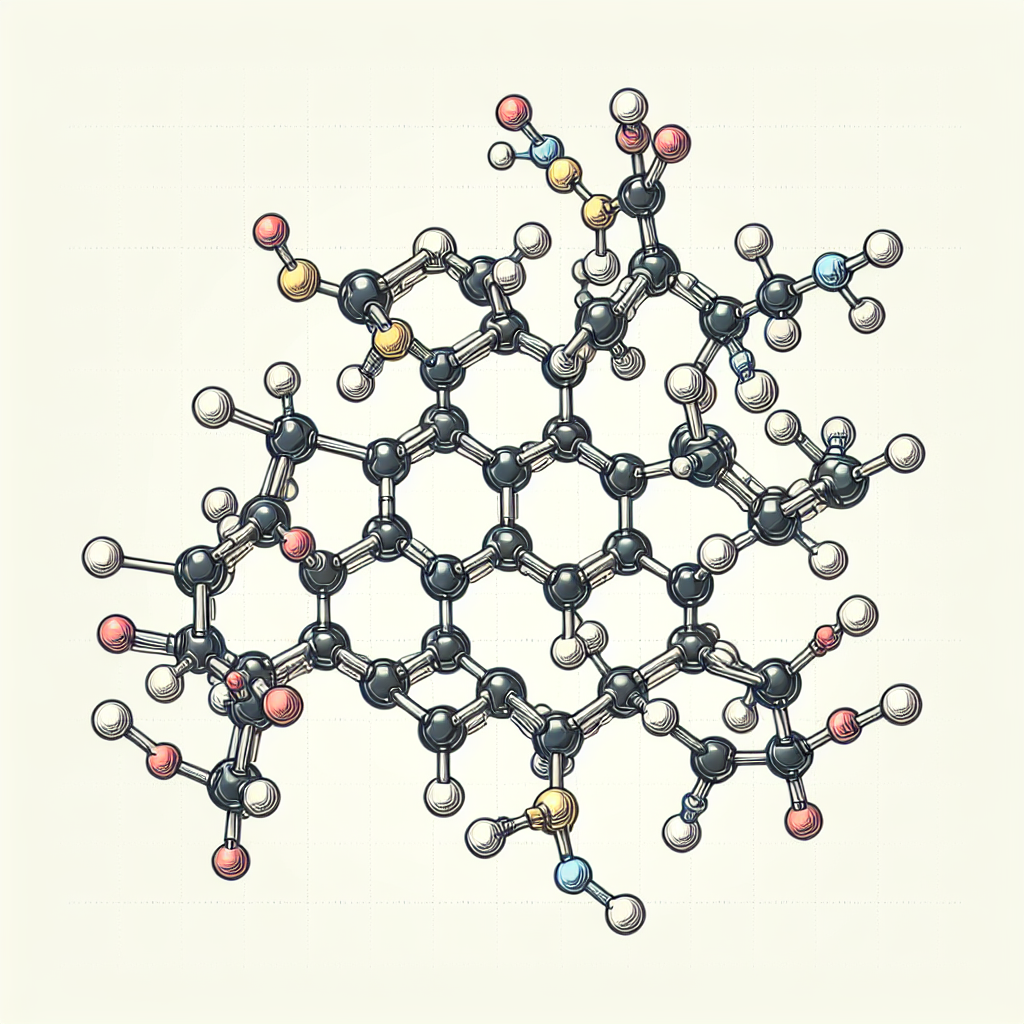Leucovorin Controversy: Autism Treatment Hope or Hype?
The U.S. FDA's endorsement of leucovorin for autism-like symptoms despite insufficient scientific evidence has sparked increased demand among hopeful parents. However, specialists and researchers caution that the lack of large-scale trials makes its effects uncertain. The debate highlights challenges in balancing parental hopes with medical responsibility.

The U.S. Food and Drug Administration's unexpected promotion of leucovorin as a potential treatment for autism-like symptoms has ignited a heated debate between hopeful parents and cautious specialists. The surge in demand for the drug, traditionally used as a chemotherapy adjunct, underscores the desperate search for effective autism treatments.
Despite testimonials from families citing improvements in communication and social engagement, experts warn that the science behind leucovorin's effectiveness for autism spectrum disorder is limited. Medical professionals face a dilemma, inundated with emotional requests from parents but lacking robust clinical evidence to support widespread use of the drug.
The situation has polarized the autism community, with some advocating for cautious optimism while others call for rigorous clinical trials to validate its use. As the controversy grows, health authorities and researchers emphasize the need for more comprehensive studies to establish any potential benefits and safety concerns.
ALSO READ
-
AAP Issues Caution on Leucovorin for Autism Amid Growing Demand
-
Autism NZ to Open Innovative Charter School for Neurodivergent Students in 2026
-
Revolutionizing Healthcare: Assam's New Cashless Treatment Facility
-
Railway Unions Demand Fair Treatment for Loco Pilots in SPAD Cases
-
Ex-Nepal PM Sher Bahadur Deuba Heads to Singapore for Medical Treatment After Gen Z Protests Injuries









